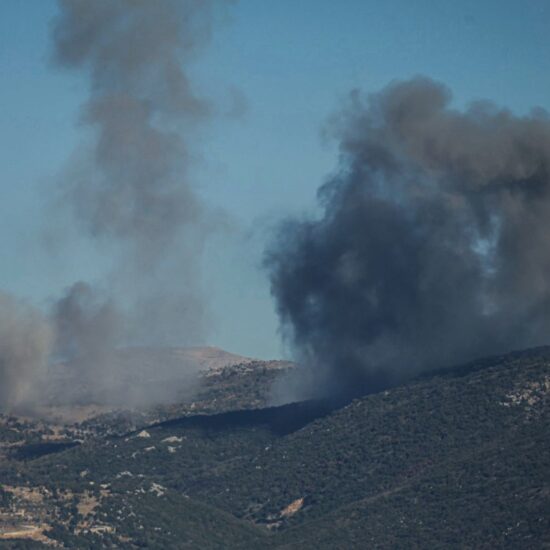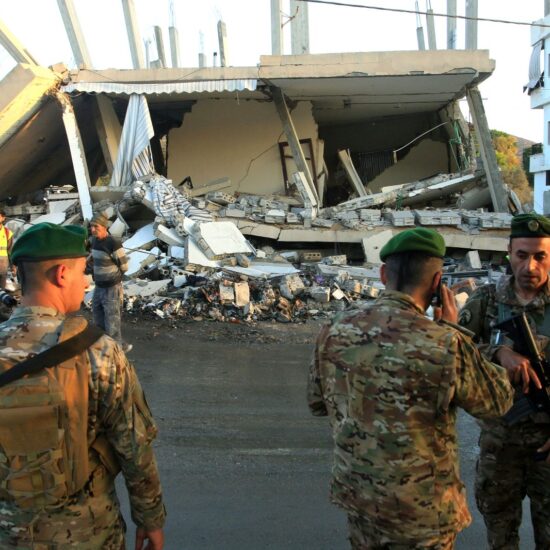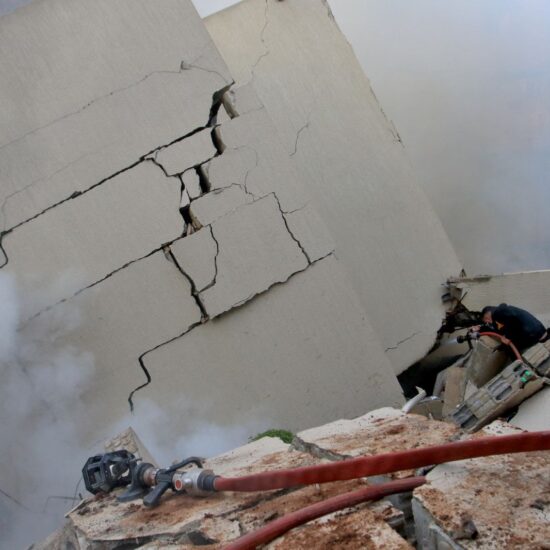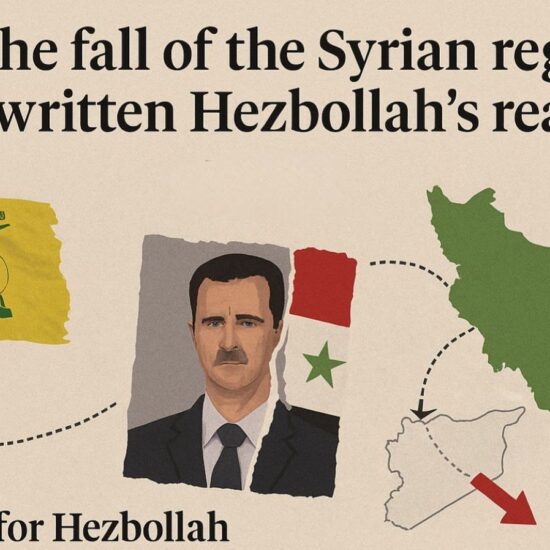
Israel’s war on Gaza, which began on October 7, has devastated civilian life in the region. Over the past month, Israel has conducted airstrikes, heavy artillery shelling, and various bombings, resulting in the tragic deaths of more than 14,532 individuals, including approximately 6,000 children, according to reports from the Palestinian government media office.
Following an attack by Hamas on October 7, Israel imposed a complete blockade—cutting off food, water, and electricity—on the Palestinian enclave, home to 2.3 million people. Limited supplies of essential medicines and supplies are permitted, while communication lines have also been down, cutting off most of the country’s 2.3 million people from the outside world.
Social media has been inundated with unprecedented amounts of information, showcasing endless footage of Gaza’s human and material casualties. Despite the presence of misinformation and disinformation, the conflict in Gaza has predominantly unfolded on social media, with many local journalists capturing and sharing footage globally.
However, the constant access to news and information may result in what therapists term “Compassion fatigue,” impacting the audience’s ability to engage and respond to the war’s news, potentially affecting support for the Palestinian cause as a whole.
“What is ‘Compassion Fatigue’?
Tragic events, regardless of their distance from us, naturally draw our attention. It’s normal to feel empathy for those affected and wonder how to help.
Compassion fatigue describes a stress response leading to apathy or indifference toward suffering individuals. This response is often observed in healthcare professionals, whose work involves sharing the emotional burdens of their patients. However, it can affect anyone feeling compassion for victims, including those impacted by war.
During the Gaza conflict, widely circulated videos depicted toddlers rescued from rubble and parents mourning their children. President of the Lebanese Psychiatric Society, Joseph El Khoury, explained that compassion fatigue emerges when one invests emotionally in someone’s suffering, whether a loved one or strangers affected by war.
Compassion fatigue is akin to secondary trauma, where you’re affected despite not directly experiencing the event.
“This fatigue is more prevalent when we don’t have a direct connection so it is harder to get compassion fatigue when you are in Gaza and under threat yourself, and even harder to get compassion fatigue in Lebanon because we may become victims at any point” Khoury noted.
Thus, individuals in other Arab countries or the West may be more at risk due to their detachment from daily events in Gaza.
El Khoury highlighted unprecedented exposure to news content, unlike the limited and filtered content during earlier times dominated by television.
“As weeks go by, many are experiencing compassion fatigue and gradually stop discussing or mentioning Gaza in their daily lives,” the expert said. “It fades into the background as people try to resume normalcy and reconnect with their lives, families, and jobs.”
A coping mechanism
As a coping mechanism, compassion can be revived through new, different events that happen outside “the standard”. However, with Gaza’s overwhelming tragedy, compassion fatigue set in quickly; nothing could surpass the horrendous events, El Khoury highlighted.
Political psychologist Ramzi Abou Ismail explained that people may grow desensitized, reducing their engagement or support for humanitarian causes. This could ease pressure on political leaders to seek peace or provide aid, diminishing global awareness and support for those suffering.
“In media wars, where narratives and perspectives are constantly battling for dominance, continuous compassion keeps the public engaged and informed, potentially leading to more significant support for humanitarian efforts and peace initiatives. It can also influence public opinion and policy decisions,” Abou ismail told NOW.
In the case of Gaza, If public interest wanes, it might reduce the momentum for international intervention or support for the Palestinian side, potentially allowing one side to pursue their objectives with less external opposition.
“Social media audiences play a crucial role in shaping narratives, spreading awareness, and influencing public opinion in media warsm” the psychologist noted.” Active engagement can lead to greater international attention, humanitarian support, and pressure on political leaders for conflict resolution. Remaining active helps in maintaining global awareness and can be pivotal in rallying support for peace initiatives or aid efforts.”
El Khoury advised a balanced approach: staying informed without being overwhelmed by distressing images.
“In any military conflict, authorities exploit compassion fatigue to their advantage; time favors them as the public can’t sustain attention and involvement,” he concluded.
Dana Hourany is a multimedia journalist with @NOW_leb. She is on Instagram @danahourany and Twitter @danahourany.








